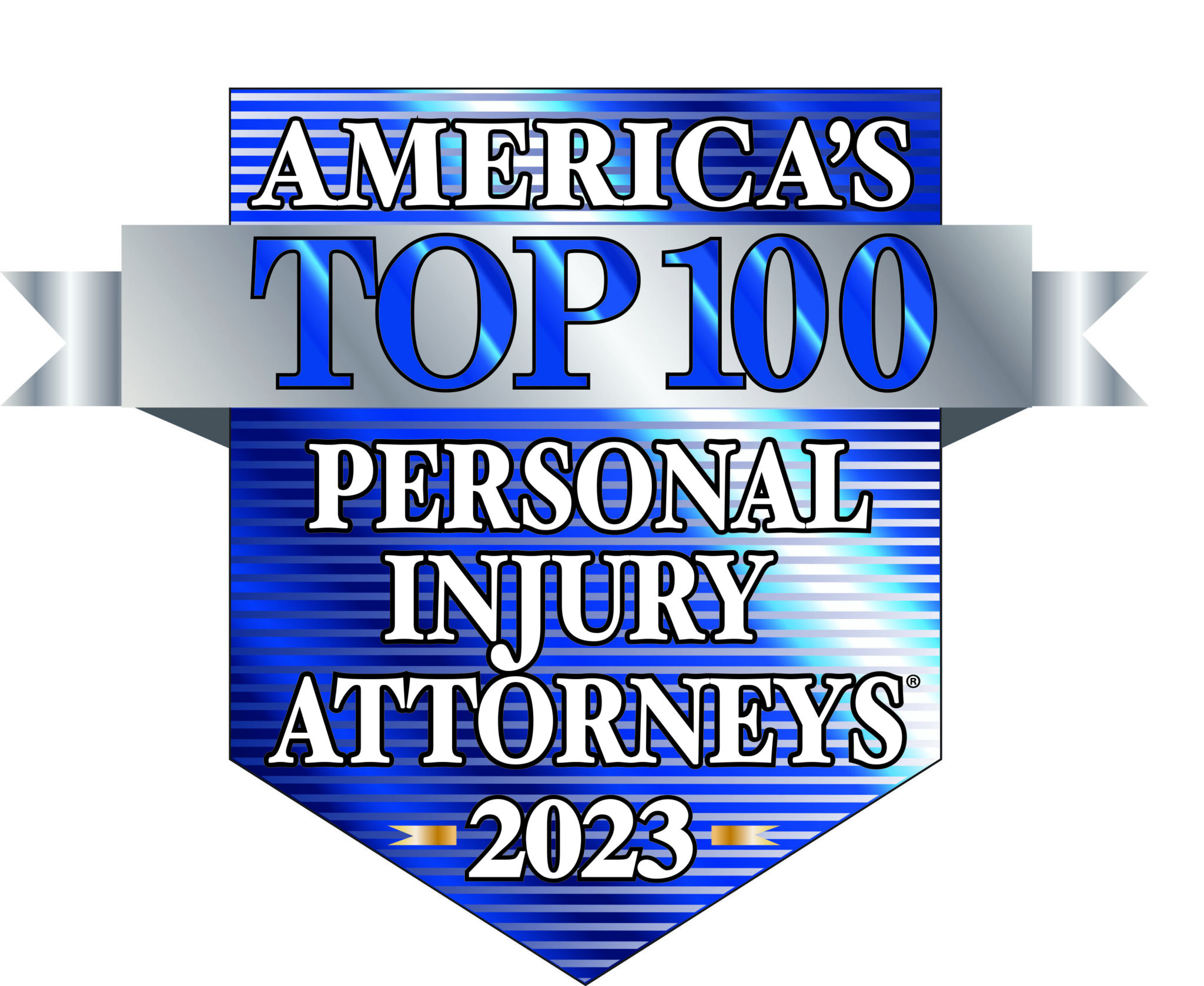Video Transcription
Hi, I’m Attorney David Hood and I’ve been practicing law throughout South Carolina for over 30 years. One area we emphasize is Personal Injury, and people often ask us, “Do I have a good case?” We’ve covered part of that in part 1, and we want to wrap up the rest of that for you right now in part 2.
Do I have a good case?
If you’ve been injured in an accident, you might be wondering whether you have a strong case. The answer is, it depends.
I’m going to you about factors we consider to determine whether or not you have a strong potential personal injury case.
Witnesses
Number 5: Witnesses. Your case is only as good as your evidence, and usually your evidence is only as good as your witnesses. If, for example, your only witness to support liability is a relative or friend, your case is weaker than if you had several impartial witnesses. Your doctor might be a witness to the medical part of your case. If the doctor involved has never testified, doesn’t want to testify or can’t testify well, this lowers your settlement value.
How Tight-Fisted is the Defendant’s Insurance Company?
Number 6: How tight-fisted is the defendant’s insurance company? As lawyers, we are familiar with which companies are the most tight-fisted and will make ridiculous, low-ball offers on cases. Some we might need to file suit on. However, if the carrier is fair, and some of them are, we may get a higher settlement offer.
How Much Time Has Passed?
Number 7: How much time has passed since the incident that caused your injuries? As a general rule, the longer it takes a case to get to a jury, the less sympathetic the jurors will be. This is particularly true if you experienced pain or other symptoms for a limited time after the accident, but you have fully recovered by the time of the trial.
How Much Damage?
Number 8: How much damage was there to the cars involved? In many automobile cases, the actual damage to the automobile may be minimal as car bumpers are made to absorb more impact now than they could years ago. If there was only a bumper scratch or minor fender damage, the jury will question the extent of the impact and, therefore, the extent of your injuries. On the other hand, if the car in which you were injured looks like an accordion, it will be easier to convince a jury that you sustained serious injuries.
Recap
To recap, the primary factors determining case strength are:
How clear is the defendant’s liability?
How large and consistent with your injuries are your medical records?
Will insurance or defendant assets fully cover your loss?
Will a jury like you and your actions, and dislike the defendant and his actions?
Do persuasive and unbiased witnesses support your claim?
Does the insurer have fair settlement practices?
Will you be fully recovered by the time of trial?
And in auto accident cases, how extensively and visibly was your car damaged?




